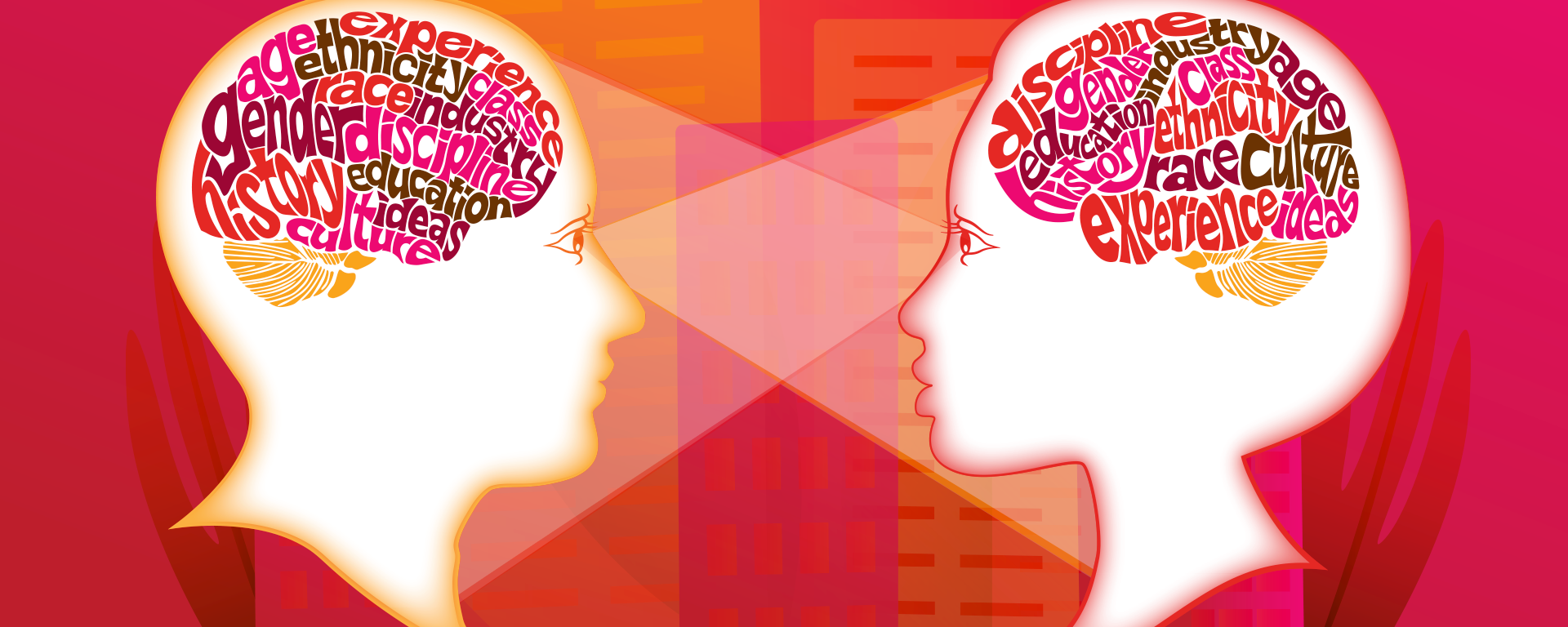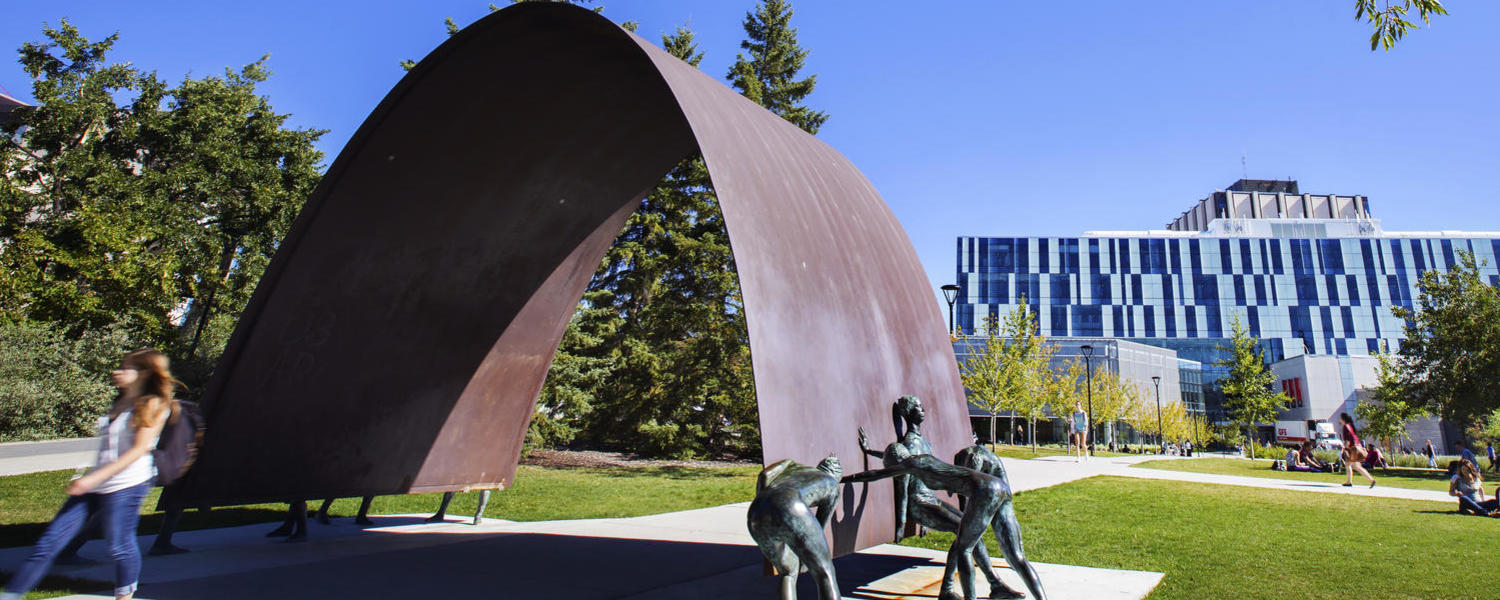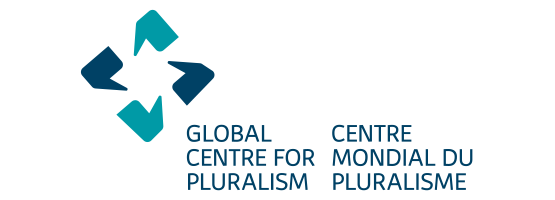Pluralism
The following definition has been adopted to encompass multiple disciplines and professional orientations broadly:
Defined simply, pluralism is an ethic of respect for diversity. Whereas diversity in society is a fact, how societies respond to diversity is a choice. Pluralism results from the daily decisions taken by state institutions, civil society associations and individuals to recognize and value human differences.
Global Centre for Pluralism
Why pluralism here?
The UCalgary, as the City of Calgary, strives to be a hub for entrepreneurship, creativity and innovation. Committed to being equitable, diverse, inclusive and accessible across five campuses, it promotes pluralism and principles, practices, and policies that help us live, work and play well together.
Pluralism has thrived at the university and in Calgary because of our long history of opening doors to opportunity, of pushing the envelope and setting the standard for other diverse societies. Calgary is Canada’s third most ethnoculturally diverse city.
Calgary is Canada’s third most ethnoculturally diverse city. Some of the oldest mosques and Jewish schools in Canada are found here, and Calgary has been home to generations of Sikhs for more than a century. UCalgary is home to a Sikh Studies program. The first Canadian woman to host a national television show, and the first Black person in North America to have her own television show, Eleanor Collins, was born here. Canada’s first Black woman lawyer, Violet King, was born here. After English, some of the top languages spoken in the city are Punjabi, Tagalog, Mandarin, Spanish, Arabic and Urdu. It only makes sense that a city so steeped in diversity, multiculturalism, intercultural capacity building, and potential should be the location for further research on considerate cohabitation.
At the University of Calgary, we are also interested in fostering epistemic pluralism, plural knowledge, and Indigenous knowledge, languages, ways of knowing and being. We are proud to share the Calgary can-do spirit of inclusivity and innovation by encouraging pluralism. Pluralism is crucial to strengthen open and honest dialogue between UCalgary and other communities and institutions. It helps to foster a culture of mutual respect. In addition, UCalgary’s action-oriented research drives change by taking on a diplomatic role in the community, as showcased by the Knowledge Engagement unit and Social Innovation Initiative (SII), to support city-wide strategies with peaceful living at its core.

Jeff Whyte Photography
City of Calgary | Civic Census
The City of Calgary previously conducted a census to obtain an official count of dwelling units, population and other demographic information.
Calgary Demographic | Economic Indicators
Calgary is home to citizens from 240 different ethnic origins and has the third-largest visible minority population in Canada. Learn more about Calgary's population, migration, languages and ethnic origins.
Cancer and loneliness: How inclusion could save lives
We can recognize ethnic variability in cancer treatments by diversifying clinical trial recruitment and improve deadly loneliness by including patients in treatment design.
Public Health as an Act of Inclusive Citizenship
Active and inclusive citizenship during the pandemic has looked a little different. We have seen people come together to donate and support others, but we have also seen citizens take more active roles in public health.





